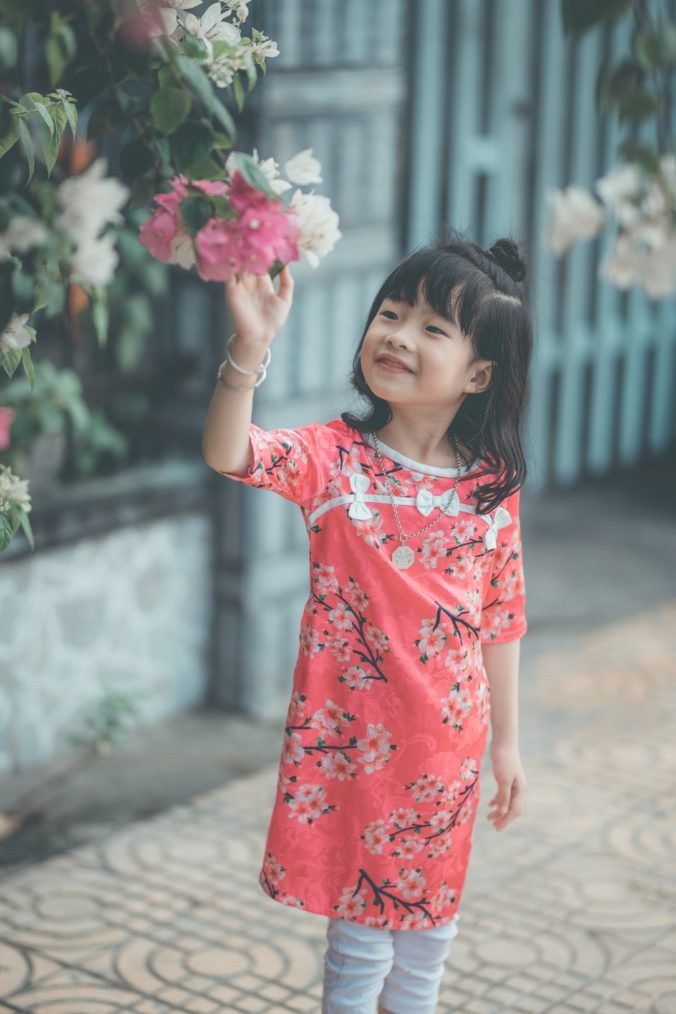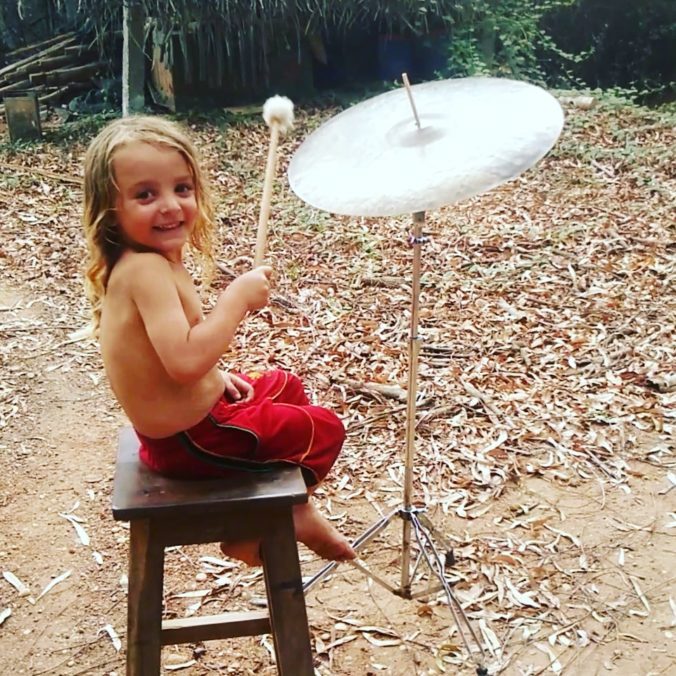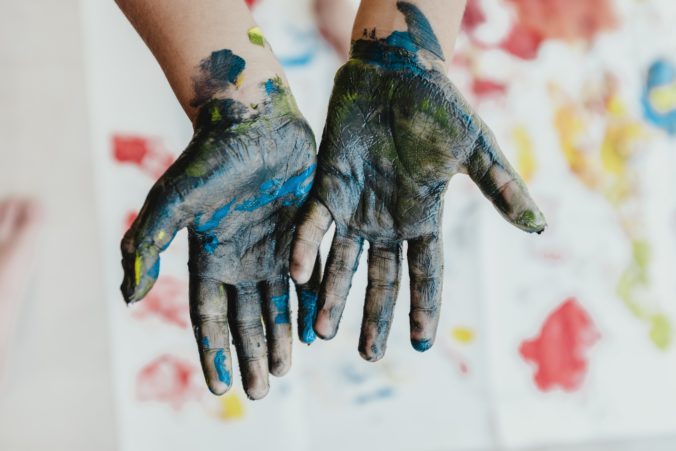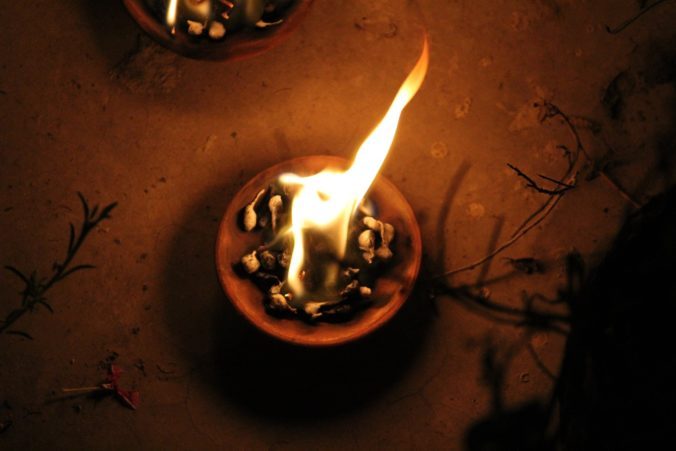‘Oh no, not again!’ I hear my little five-year old neighbour shout out in anguish.
I don’t need to peep out of the window to know what’s spoiling her evening. I’ve seen her grow into the angel she is. I know each inflection, every giggle, every whimper of her animated self.
I go to my backyard and get a long bamboo stick. I open the front door, and she’s already there, waiting for me.
She needn’t speak.
I prop up the stick and reach for the shuttle-cock stuck on the flower-studded Champa tree by the street. After some poking in the lush canopy, the florescent shuttle cock falls down in tandem with the little girl’s squeal.
She is back at play with her mother on the street. Her reclusive mom wonders about this telepathic understanding between her daughter and me.
While at play I hear her tell her mother,
‘I told you. He will come to help. He is my friend!’
And that gets me wondering too.
When did we become friends?
What does it mean to be a friend anyway?
Soon, I realised the most sincere of definitions of a friend.
‘A friend is someone who cares about something with the same love and passion as you do.’
Think about it.
The interruption in play from the stuck shuttle cock is as much a matter of concern for the little girl as it is to me. We both care about the continuance of childlike play.
And I come out to help.
And we are friends!
We both find it inconceivable to not dance in the first shower of rain.
We care about the experience equally.
And we are friends.
Without ever needing to say a word.
A childhood friend cares about you almost to the same degree as you care about yourself.
Your emotion for them is exactly the same.
There’s an element of truth in that relentless reciprocity.
This mirrored magic of caring is what sustains childhood friendships for a lifetime.
If you make a friend later in life, chances are you are interested in similar things. You care about the similar political and philosophical ideas. You are passionate about the same thing in some manner.
Or you make something with them in some work context. And that leads you to care about a common idea or product or art.
The hours spent together, help coalesce your conceptions of friendship and soon, you start opening up to each other.
All friendship is a measure of how much we care about the same thing.
All brotherhood is a deed in trust.
Sometimes going out in search of friends doesn’t help.
All one can do is open up to care.
Care for someone, or something, or an idea with deep passion.
And let a friendship manifest around that commonality of care.
Sometimes it doesn’t take much to make a friend.
Sometimes all you have to do, is to make the stuck shuttle cock fall down from a tree.
Once you’ve done that enough times, a little girl might call you a friend.
Is there an honour bigger than that?
With that thought, I wish you a happy friendship day!









